June 23, 2025 | 14:08 GMT +7
June 23, 2025 | 14:08 GMT +7
Hotline: 0913.378.918
June 23, 2025 | 14:08 GMT +7
Hotline: 0913.378.918
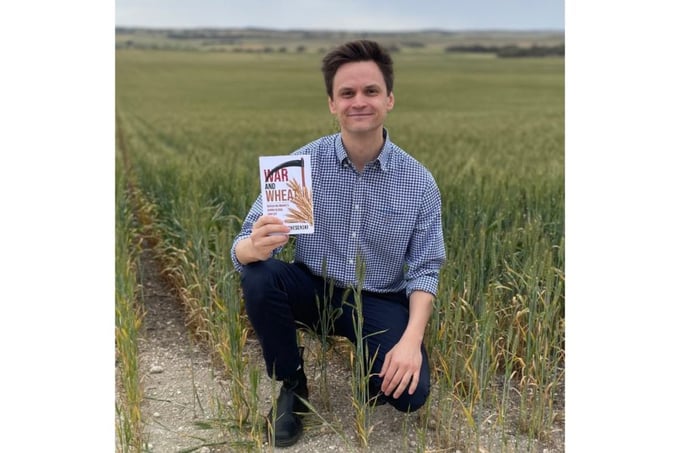
Author Dennis Voznesenski.
To understand the present, we must reflect on the past. In his book, “War and Wheat: Navigating Markets During Global Conflict,” Australian author Dennis Voznesenski explains how developments in the first two world wars impacted global wheat trade, input availability, production and the ability to maintain adequate reserves.
The first 100 pages of this well-researched book analyze not only how wheat production and trade were impacted, but how wheat was a chess piece of sorts among the warring nations. The parallels of what occurred in those wars and how today’s Russia-Ukraine conflict is unfolding are startling. Russia, the instigator in this current war and traditionally among the largest producers and exporters of wheat, has made no secret that it covets Ukraine’s vast amounts of arable land, often called “the breadbasket of the world,” as well as its dynamic port system that efficiently ships grain abroad.
Russia and its large wheat supply was targeted in the first two wars by Germany, which wanted to ensure food security for its citizens to maintain order. In both cases, Germany was unable to gain control of Russia’s wheat supply, dealing a significant blow to its war efforts. Often taken for granted during times of peace, wheat becomes vitally important during the chaos and uncertainty of war. Nothing threatens a government’s control over its people more than food being unavailable or unaffordable. The Arab Spring protests in the Middle East during the early 2010s were a recent example of this.
War and Wheat is written mostly from an Australian perspective, identifying the country’s unique challenges due to its geographic isolation and relatively small population. It’s noteworthy that the last paragraph of the book is a quote from Australian author J.M. Harcourt: “The curse of Australia is procrastination. We debate things in parliament eternally, but we hardly ever do anything. I am afraid the awakening will be a rude one,” Harcourt wrote in 1938, just months before the start of World War II. Voznesenski says Harcourt’s words are as relevant today as they were 86 years ago. He writes in the book’s closing chapter that Australia must act with urgency to buffer its grain industry against external shocks should the war in the Black Sea region escalate into a broader conflict.
In the first two wars, many countries saw their grain stockpiles dwindle to dangerously low levels. Australia had the opposite problem. Because the wars reduced the ability to ship grain safely and altered traditional trade patterns, Australia was faced with an oversupply of wheat, which led to extremely low prices and threatened the livelihoods of its farmers. Australia, which exports about 70% of its wheat crop annually, would likely face a similar situation should an extended disturbance in trade or demand occur today. Thus, Voznesenski implores the Australian government to heed Harcourt’s warning and act quickly to incentivize the production of wheat-based biofuels and expand the grain animal feed sector.
War and Wheat is a must-read for anyone associated with the grain industry. The author examines the similarities and differences between the previous world wars with today’s Russia-Ukraine battle, noting there are lessons to be learned. As Mark Twain once said: “History doesn’t repeat itself, but it often rhymes.”
(WG)
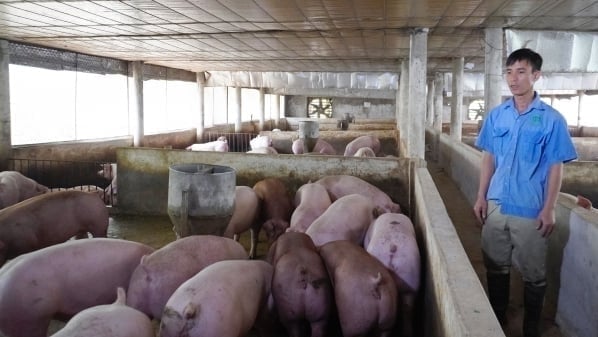
(VAN) Livestock farmers are still hesitant to use the new ASF vaccine products, mostly waiting for responses from large businesses before making a decision.
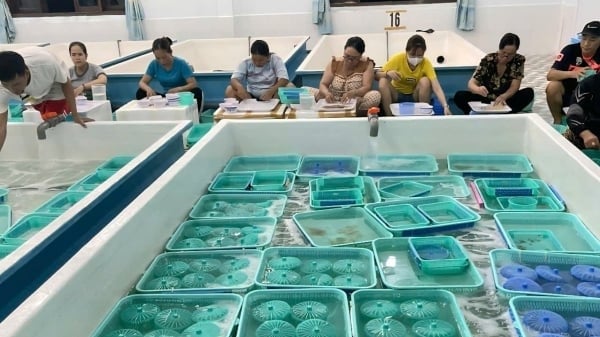
(VAN) Khanh Hoa and Phu Yen continue to strengthen inspection and control of lobster seed circulation in the area, and strictly handle violations.
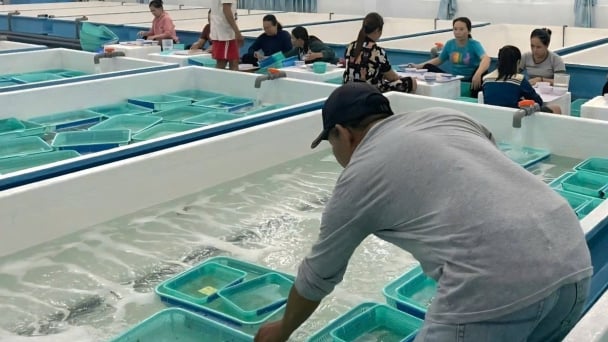
(VAN) Phu Yen and Khanh Hoa recently discovered many batches of lobster seeds of unknown origin. The authorities quickly moved and handled it as per regulations.
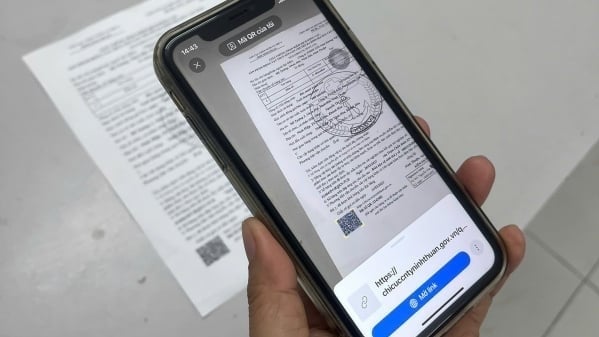
(VAN) Thanks to Ninh Thuans’s digitization of shrimp seed quarantine declarations, the procedures for payment and result reception are simpler and quicker.
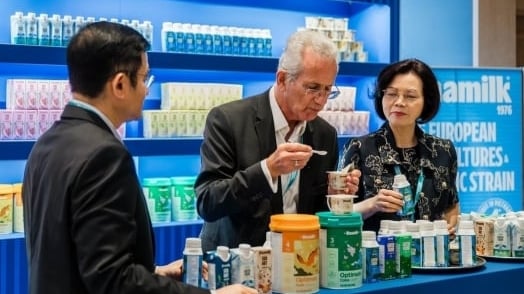
(VAN) In Amsterdam, the Netherlands, the 18th Global Dairy Congress 2025 took place from June 18-19, where Vinamilk won many grand awards.
![Turning wind and rain into action: [11] Ten years before storms, after every harvest](https://t.ex-cdn.com/nongnghiepmoitruong.vn/608w/files/news/2025/06/20/z6704423696987_15fd32ffc26d590d204d520c9dac6786-nongnghiep-140922.jpg)
(VAN) With WeatherPlus, every raindrop and every breeze carries a message. And if we learn to listen, the fields will no longer live in fear of the weather.
![Turning wind and rain into action: [10] Advancing accessible climate services for farmers](https://t.ex-cdn.com/nongnghiepmoitruong.vn/608w/files/linhnhp/2025/06/20/1911-z6704423696987_15fd32ffc26d590d204d520c9dac6786-nongnghiep-161854.jpg)
(VAN) Not only does it help farmers 'avoid droughts and rains,' the development of agricultural climate services also enhances their ability to proactively adapt to a rapidly changing climate.